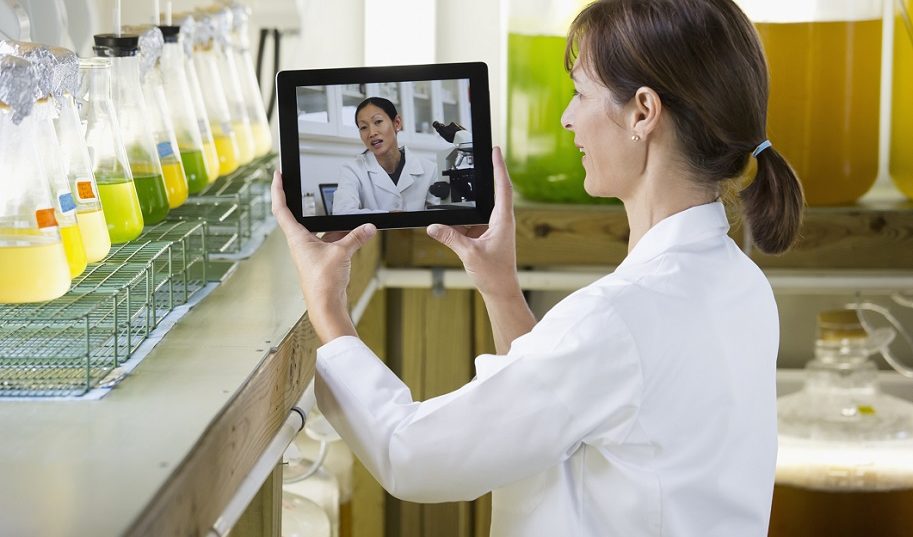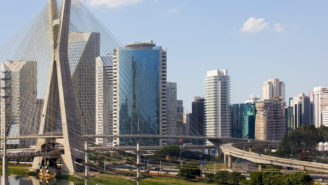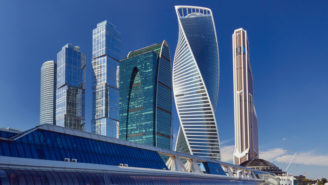Society in transition: impacts of the pandemic
 © Digital Vision/Getty Images
© Digital Vision/Getty Images The corona pandemic has highlighted the urgent need for and importance of innovations. This applies both to the medical fight against the virus and to the battle against its consequences. One example is the surge in digitisation that has been recently experienced in science and business: where conventional approaches to exchange and networking were no longer possible, technology has opened up new opportunities.
International and interdisciplinary exchange
However, networks of partners are of much greater fundamental importance, as the crisis has revealed. Be it the challenges posed by digitisation and artificial intelligence, the battle against climate change or far-reaching questions of sustainable growth and economic management: international cooperation is the only way to tackle such issues. This ties in with the key objective of the German Centres for Research and Innovation (DWIH) in New York, São Paulo, Moscow, New Delhi and Tokyo, which is to foster international and interdisciplinary exchange on topics of future relevance.

"The COVID-19 pandemic has revealed just how dependent science and research are on societal conditions – for example on a functioning digital infrastructure, on the possibility to travel internationally, and on societal trust. It is our job as scientists to work towards securing and improving these conditions."Professor Dorothea Wagner, Chair of the German Council of Science and Humanities
In selecting the joint focus topic for 2021, “Society in transition: impacts of the pandemic”, the DWIH Board of Trustees is drawing on the strengths of the global network. Confronted by the pandemic, German innovation drivers and their partners in the respective DWIH host countries view the challenges of the crisis from different national and cultural perspectives. It is precisely this diversity of viewpoints that offers particular potential for finding appropriate responses.
DWIH events in 2020 already revealed how issues relating to the pandemic are being discussed in all kinds of different ways. The DWIH New Delhi explored, for example, how healthcare systems and research might react. The DWIH Tokyo looked among other things at the economic consequences of the crisis, while the DWIH São Paulo devoted one of its COVID-19 discussions to the search for a vaccine. Questions of how to make cities sustainable and future-proof have also become even more important as a result of the pandemic and were addressed by both the DWIH New York and the DWIH Moscow. 2021 will see numerous additional aspects of the transformation brought about by the corona crisis explored in the global DWIH network, involving international exchange and dialogue between partners.





